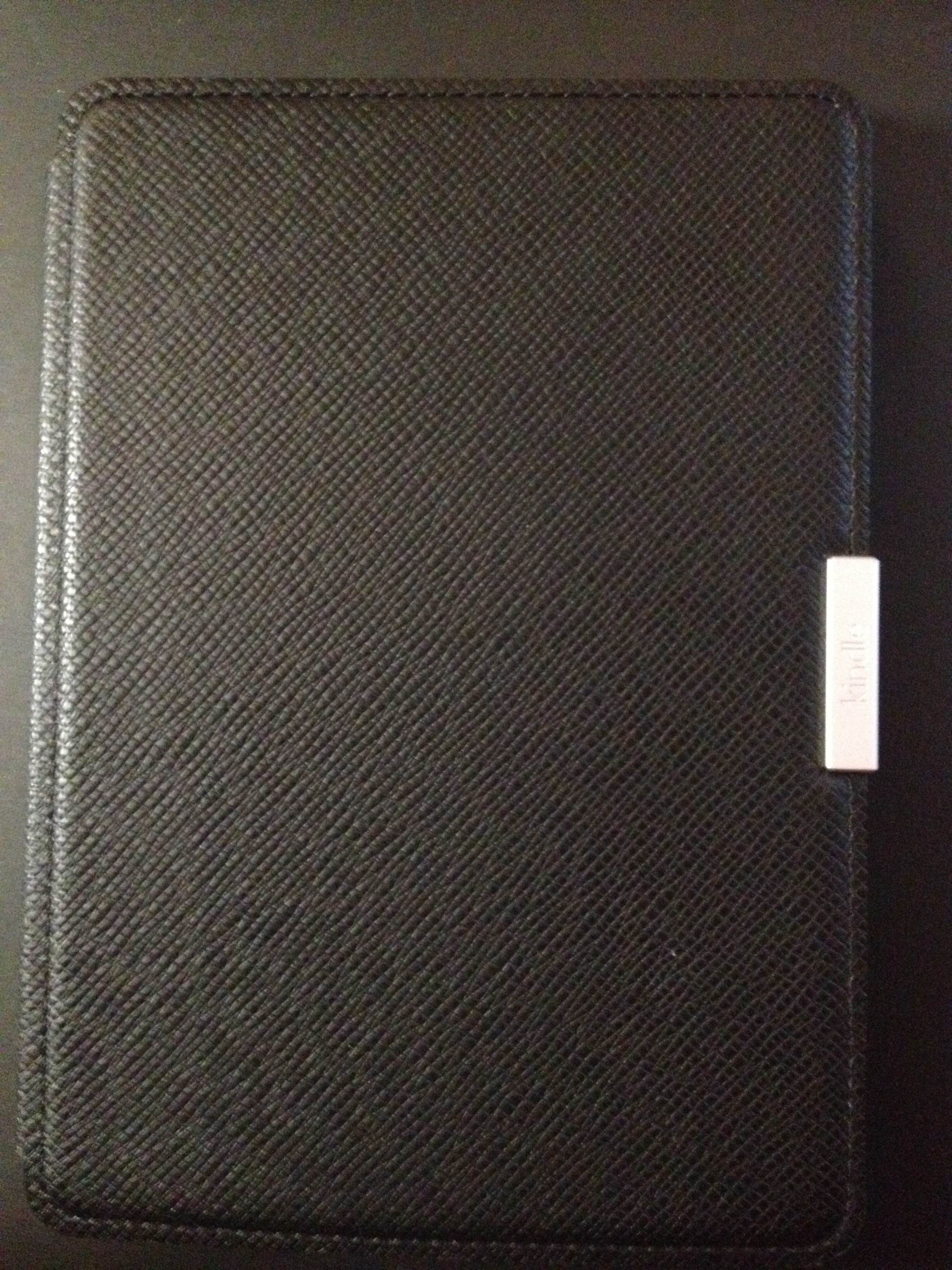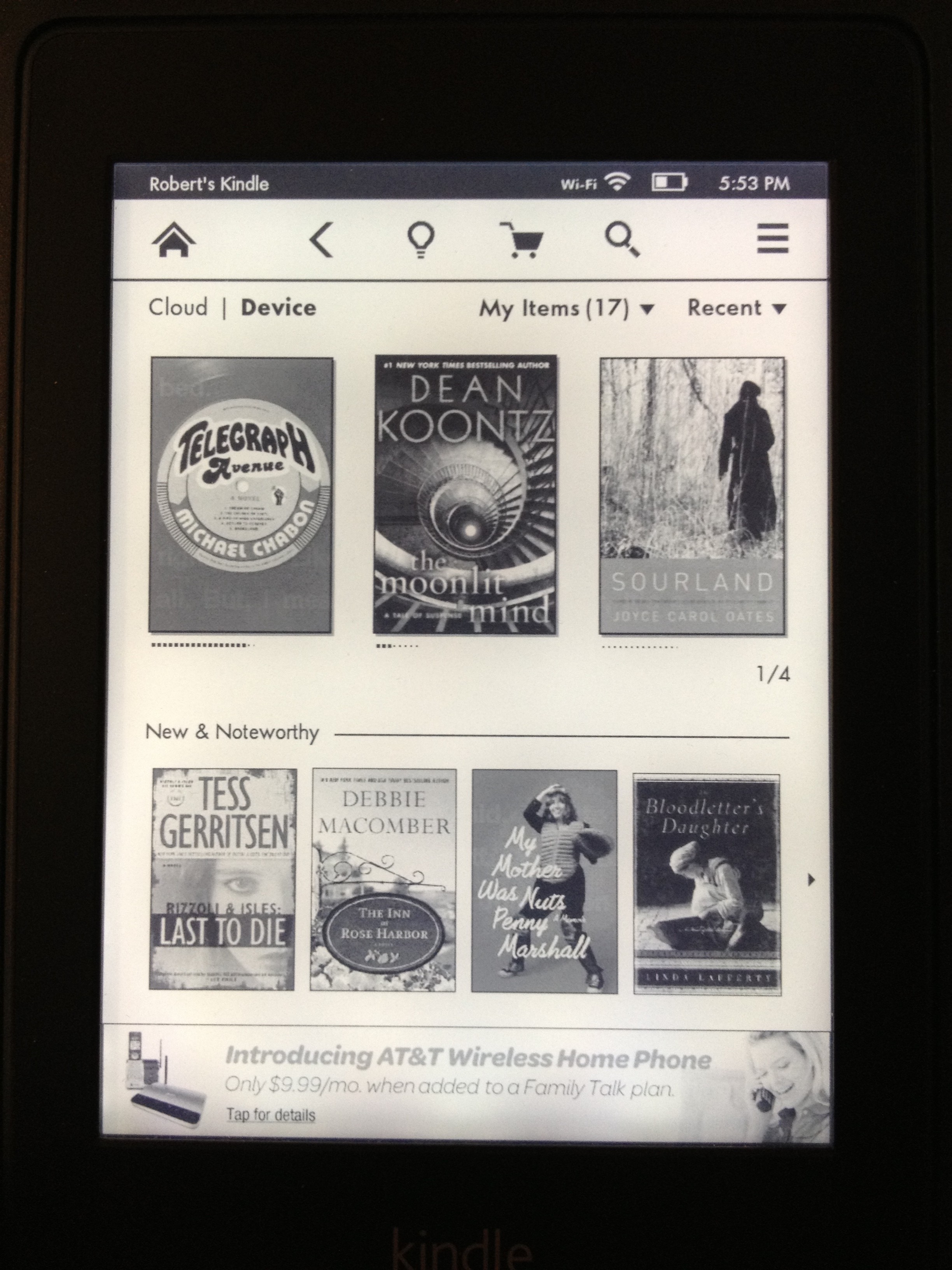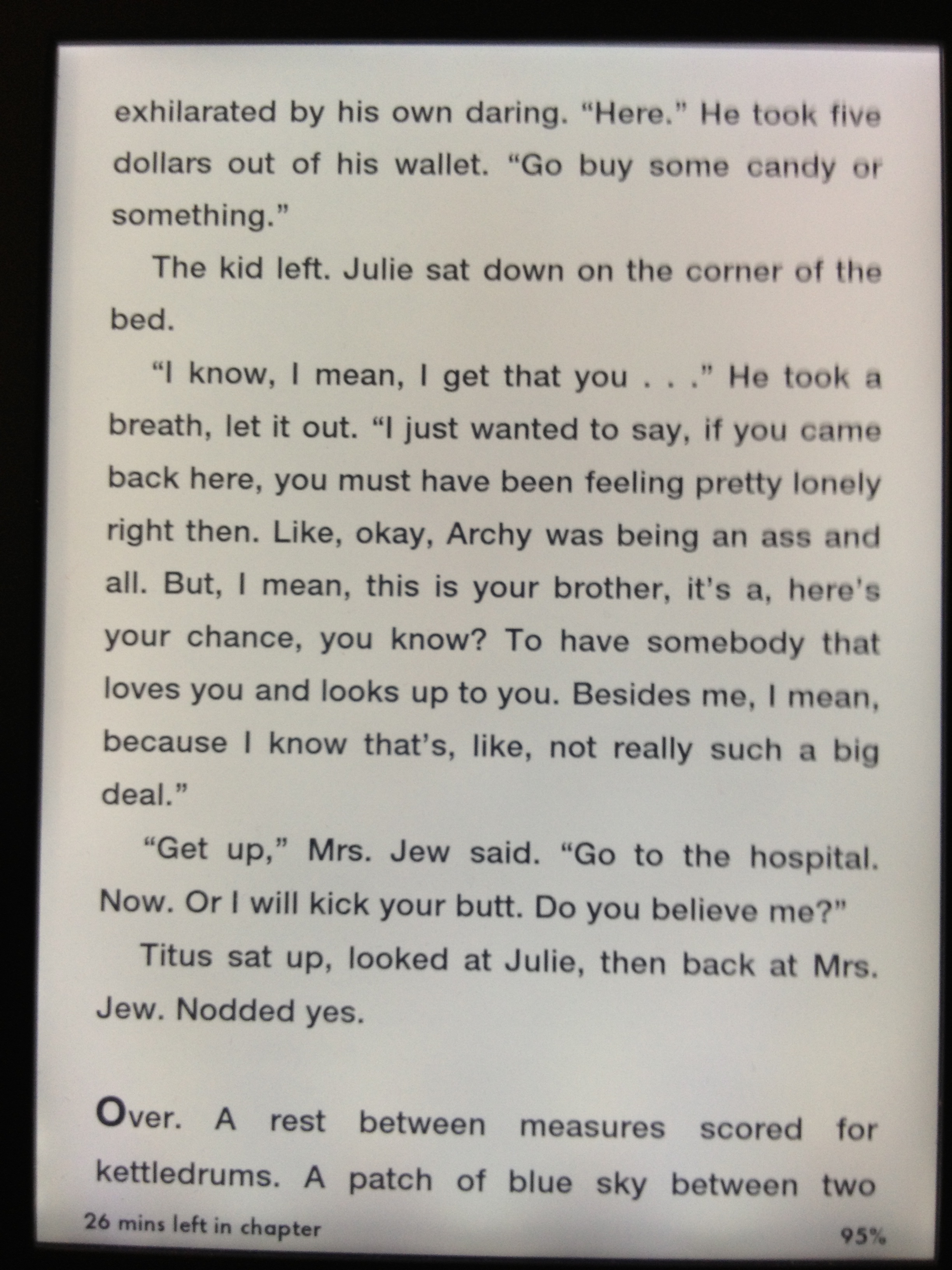
Let me just say right off the bat I'm not a huge Superman fan. I have nothing against Superman, but compared to other superheros out there -- Batman, Iron Man, Plunger Man (wait, what?) -- Superman isn't high up on my list. When I first heard that they were making a new Superman movie, I didn't much care, even though I like Zack Snyder and thought he would do a good job. But then as more and more of the trailers were released, I started to get excited. In fact, I was so excited that I went with a friend to the midnight show of Man of Steel this past Thursday night. I can't even remember the last time I went to a midnight show, but I was super psyched to see this movie.
***SPOILERS BELOW***
Unfortunately, I wasn't as impressed as I had hoped to be. Don't get me wrong, there are some cool things in the movie -- the scene with Kevin Costner on the highway is heartbreaking -- and the entire cast is great, but still ... there was just something about the movie that fell flat for me. Maybe it was the fact there was just SO MUCH STORY that they tried to fit into two and a half hours. Like, seriously, Clark isn't Superman very long before he needs to reveal himself to the world. In fact, he doesn't even do anything other than fly around (don't you just love in superhero movies when the hero goes through their "learning phase," a la Peter Parker clumsily jumping from building to building until he becomes a pro?).
Then, all of a sudden, bam, Zod and the rest show up and demand Superman turn himself over, and he does, and then he's headed up to space -- but wait, they need to take Lois Lane, too! To be honest, I forget what reason they had to demand Lois Lane come along, other than to help propel the plot with Superman's eventual escape.
Anyway, we end up in Smallville, Kansas, and the bad guys are there to face off against Superman, and Superman starts walking down the main street as scared townspeople scatter about, and he tells them to get inside, and that, I think, is the only time he ever shows any thought to the wellbeing of others. Sure, he's fighting these bad guys for the safety of the world, but that doesn't quite excuse the fact that he, along with the bad guys, levels nearly the entire town. And not once was there any thought to the hundreds or potentially thousands of people wounded or killed.
But wait -- it gets better!
Soon we end up in Metropolis, which gets hammered with destruction. Yes, at the start, the World Engine (really, that's the best name they could come up with?) destroys a good portion of the city, and in movies like this, you have to accept the fact that regular people are going to die because of the evil villains, but even after the World Engine is destroyed, Superman and Zod go at it, destroying building after building after building, all of which are, presumably, filled with people who either die or are greatly wounded. (IGN has even attempted to determine how much the destruction would cost -- spoiler alert: A LOT!)
Don't get me wrong, I enjoy watching these big blockbuster movies, and superhero movies are great fun, but at the same time I'm getting tired of the disregard for general human life. It's like, 100 million people died, but Lois Lane survived, so everything's okay! Um, I don't think so. At least in, say, Iron Man 2, Tony Stark purposely flies out of the pavilion to lead the machines away from everyone who could potentially be harmed. That isn't to say people didn't die or were wounded during the final climax of that movie, but at least there was conscious thought on the superhero's part to try to keep everyone else as safe as possible.
In Man of Steel, however, Superman does not once try to lead Zod away from Metropolis. Oh no. They just keep fighting and fighting and destroying and destroying, until finally Superman somehow manages to break Zod's neck -- which, let's face it, is pretty far fetched when you consider that Zod, too, has become a "man of steel." Plus, let's not even get into the fact that, primarily, most superheros try their best to defeat the evil villains without actually killing them if they can help it, but that's a whole different post for another time.
So did I like Man of Steel? I thought so at first -- I even tweeted right after the show that it was good -- but the more that I've been thinking about it, the more disappointed I become. Again, it had a great cast, and I really like Zack Snyder, and there were even some good scenes, but overall the whole thing just fell flat for me.
But hey, maybe I'm crazy. What did the rest of you think?






 Awhile back I got an email from Steve Colca, the Manager of Internet Marketing at W. W. Norton, asking me if I'd like a copy of one of their upcoming books. As you can imagine, my answer was simple but direct: Yes! So a few days later an advanced reading copy of
Awhile back I got an email from Steve Colca, the Manager of Internet Marketing at W. W. Norton, asking me if I'd like a copy of one of their upcoming books. As you can imagine, my answer was simple but direct: Yes! So a few days later an advanced reading copy of